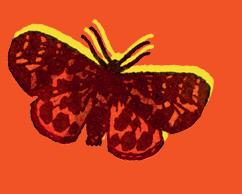

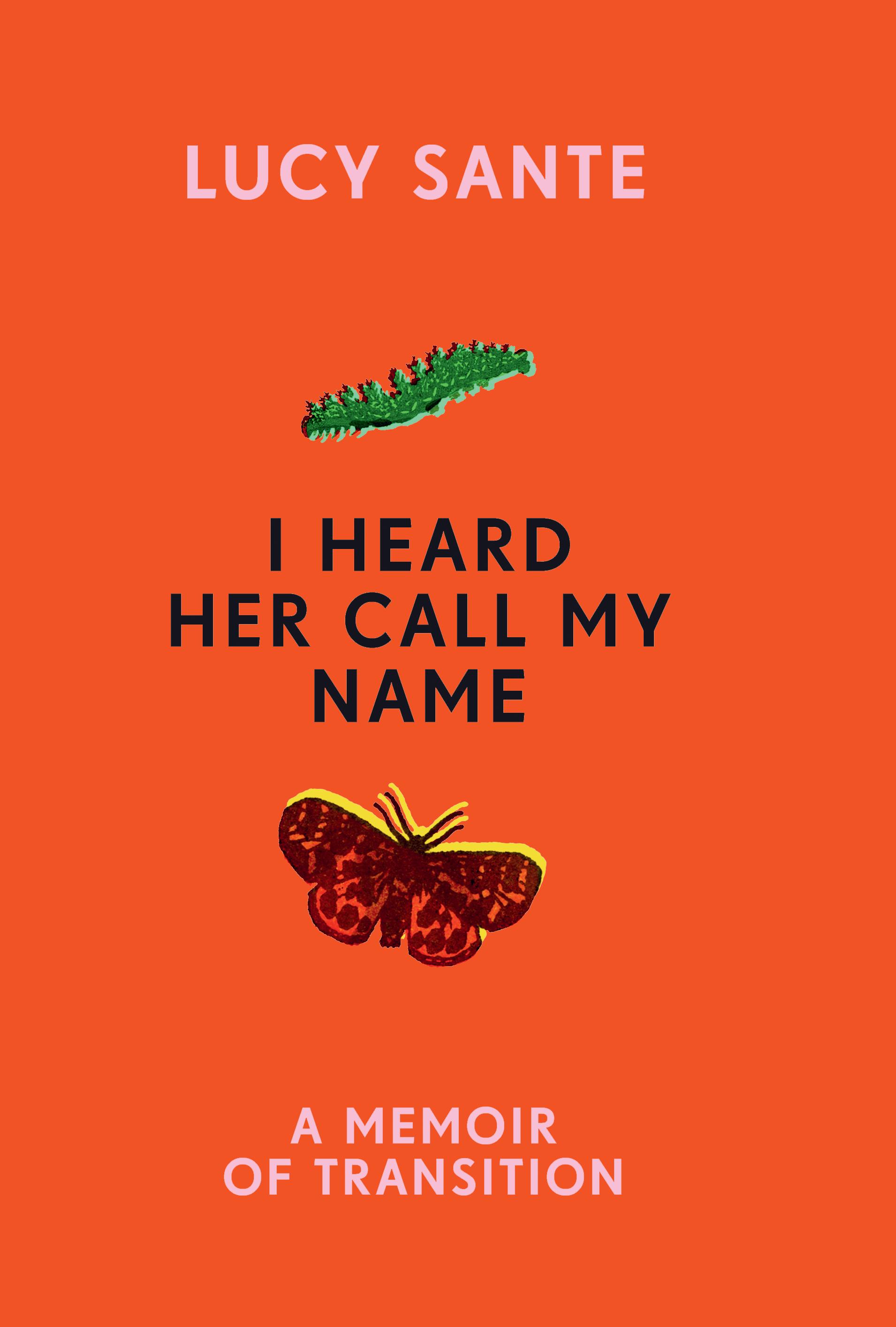
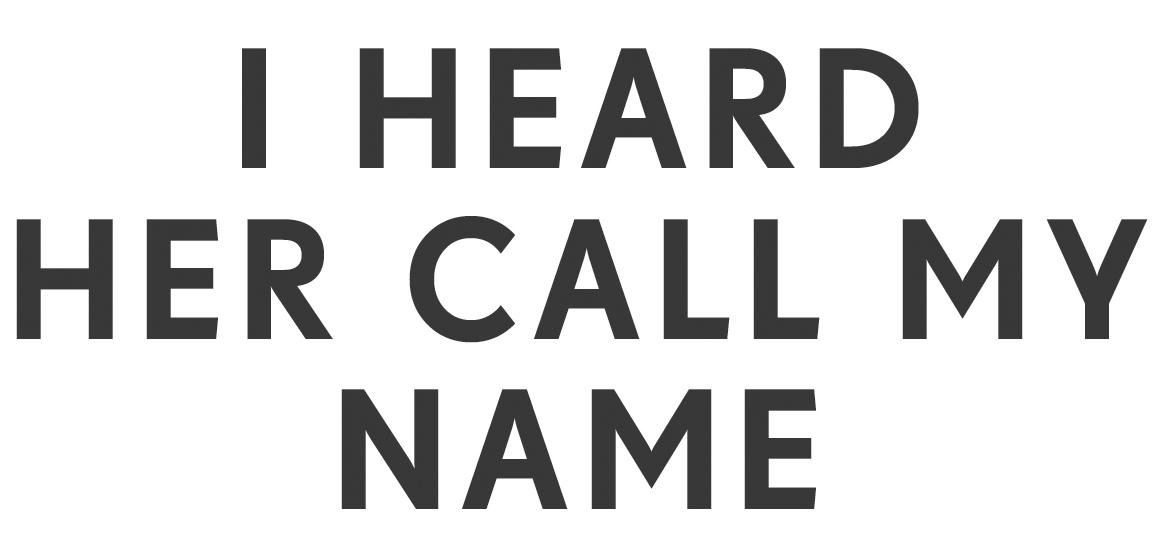
ALSO BY LUCY SANTE
Nineteen Reservoirs
Maybe the People Would Be the Times
The Other Paris
Folk Photography
Novels in Three Lines
Kill All Your Darlings
The Factory of Facts
Evidence
Low Life
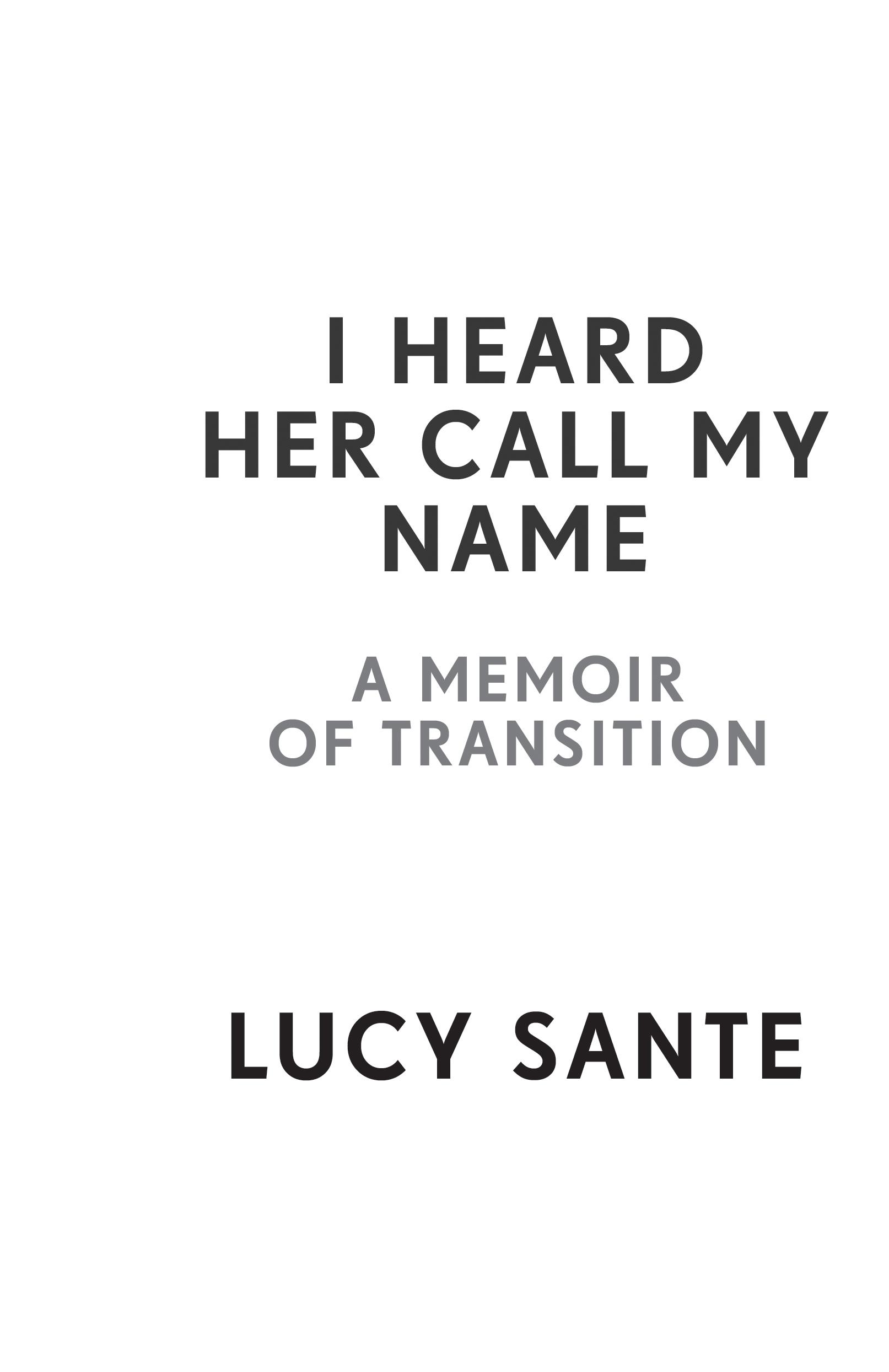

Hutchinson Heinemann 20 Vauxhall Bridge Road
London SW1V 2SA
Hutchinson Heinemann is part of the Penguin Random House group of companies whose addresses can be found at global.penguinrandomhouse.com.
Copyright © Lucy Sante, 2024
Lucy Sante has asserted her right to be identified as the author of this Work in accordance with the Copyright, Designs and Patents Act 1988.
First published in the US by Penguin Press, an imprint of Penguin Random House LLC, New York, in 2024
First published in the UK by Hutchinson Heinemann in 2024
www.penguin.co.uk
A CIP catalogue record for this book is available from the British Library.
ISBN (Hardback): 9781529152715
ISBN (Trade paperback): 9781529152722
Typeset in 12.47/21.38pt Baskerville by Jouve (UK), Milton Keynes Printed and bound in Great Britain by Clays Ltd, Elcograf S.p.A.
Designed by Alexis Farabaugh
The authorised representative in the EEA is Penguin Random House Ireland, Morrison Chambers, 32 Nassau Street, Dublin D02 YH68
Penguin Random House is committed to a sustainable future for our business, our readers and our planet. This book is made from Forest Stewardship Council® certified paper.
Beware of all enterprises that require new clothes, and not rather a new wearer of clothes.
HENRY DAVID THOREAU, WALDENBetween February 28 and March 1, 2021, I sent the following text as an email attachment to around thirty people I considered my closest, most consistent, day-today friends. While I sent the emails out individually, the subject line was usually the same: “A bombshell.” I smirked at the unintentional pun and wondered whether anyone else would. It was simply titled “Lucy.”
The dam burst on February 16, when I uploaded FaceApp, for a laugh. I had tried the application a few years earlier, but something had gone wrong and it had returned a badly botched image. But I had a new phone, and I was curious. The gender- swapping feature was the whole point for me, and the first picture I passed through it was the one I had tried before, taken for that occasion. This time it gave me a full-face portrait of a Hudson Valley woman in midlife: strong, healthy, clean-living.
She also had lovely flowing chestnut hair and a very
subtle makeup job. And her face was mine. No question about it—nose, mouth, eyes, brow, chin, barring a hint of enhancement here or there. She was me. When I saw her I felt something liquefy in the core of my body. I trembled from my shoulders to my crotch. I guessed that I had at last met my reckoning.
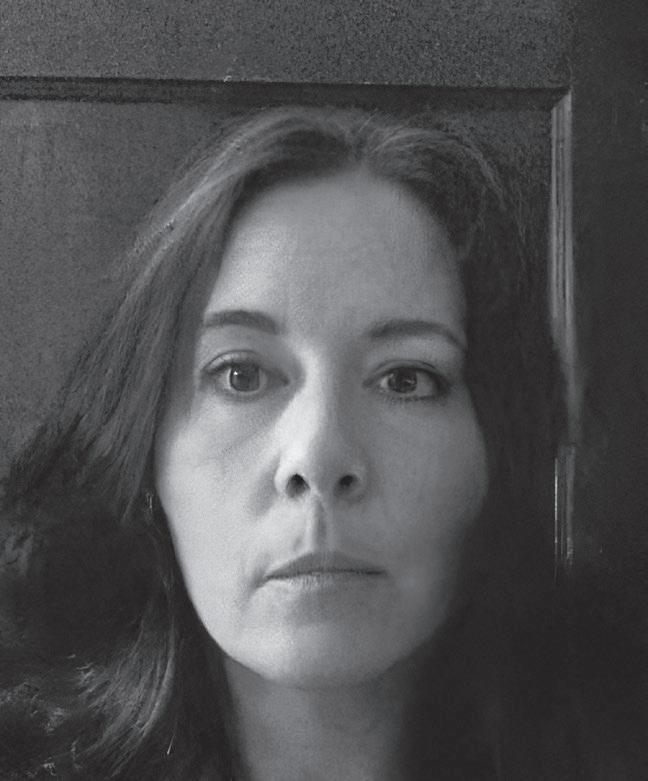
Very soon I was feeding every portrait and snapshot and ID- card picture I possessed of myself into the magic gender portal. The first archival picture I tried, contemporaneous with my first memory of staring into a mirror and arranging my hair and expression to look like a girl, was an anxious, awkward studio portrait of a tween, all cowlicks and baby fat. The transformed result was a revelation: a happy little girl. Apart from her long black
hair, very little had been done to transform Luc into Lucy; the biggest difference was how much more relaxed she looked. And so it generally went—I was having a much better time as a girl in that parallel life. I passed every era through the machine, experiencing one shock of recognition after another: That’s exactly who I would have been. The app sometimes returned blandly misjudged or grotesquely distorted images, but more often than not it weirdly seemed to guess what my hairstyle and fashion choices would have been in those years. The less altered the resulting images were, the deeper they plunged a dagger into my heart. That could have been me! Fifty years were under water, and I’d never get them back. My high-school graduation portrait, a haughty near-profile, hair waving off the brow and into a curl, became an impossibly delicate almond- eyed fawn (age 17 was indeed the summit of my beauty, which is probably why my male incubus immediately grew a beard). Ten or twelve years later (there are regrettably few photos of me in my 20s; I’ve always been camera-shy), I am a Lower East Side postpunk radical lesbian anarcha-feminist with a Dutch-boy bob and a pout. Here I am at a Sports Illustrated junket in Arizona, age 33, looking demure in a white sweater over a red polka- dot dress, talking to a boy.
There are many reasons why I repressed my lifelong desire to be a woman. It was, first of all, impossible. My parents would have called a priest and had me committed to some monastery, lettre de cachet – style. And the culture was far from prepared, of course. I knew about Christine Jorgensen when I was fairly young, but she seemed to be an isolated case. Mostly what you came across were aggressively vile jokes from Vegas comedians and the occasional titillating tabloid story. Nobody felt threatened by transgender people; on the contrary, they were viewed as hilarious sideshow acts—literally and otherwise, as in Weegee’s photographs. I kept searching for images or stories of girls like me, without much luck. I would swoon over pictures from Finocchio’s or Club 82 I might find in passing, but their stars mostly seemed to be gay men who changed back into male drag after the show. Over the years I consumed an impressive amount of material on transgender matters, from clinical studies to personal accounts (where are you, circa1984 issue of Actuel — or was it The Face?—that nearly broke my mind?), to new-journalistic exposés to porn. Not much of the porn, though; it grossed me out. I researched the subject as deeply as I did any of my books, but my notes all had to be kept in my head.
I immediately disposed of all materials, because I was terrified of being seen. When with some regret I threw away a pseudo-scientific piece of exploitation called The Transvestites, I made sure to bury it in the center of the trash bag. Until browsers made anonymous searching possible, I wiped the search memory on my computer every day. Why, you may ask, did I feel it necessary to go to such lengths? The short answer is that I’m mildly paranoid about writings on paper (or screen) because my mother regularly raided my room, reading anything in my handwriting and vetting all printed matter for anything that might even remotely allude to sex. I extended that caution to my friends, most of whom would surely have been sympathetic, because of the notion I long possessed that women would be disgusted and repelled by my transgender identity. Where did I get that one? It may be because until I was in my late teens I didn’t know many women, as an only child of isolated immigrants, and although I had one early romantic interest, I didn’t have a female friend until I was seventeen. It may also very well have come from proto-TERF sentiments I picked up from feminist tracts. Needless to say, I was awful at sex. I did not know how to act like a man in bed. I wanted to see myself as a woman
in the act of love, but I also had to repress the desire, while simultaneously trying earnestly to please my partner (because I almost never slept with anyone I didn’t love at least at first). Most of the time, the mass of contradictions prevented me from any but the most mechanical sexual fulfillment, and necessarily impeded my companion’s pleasure as well.
I was not at all attracted to men, and I spent enough time in gay environs in the ’70s to be sure of that. At puberty and afterward I was uncertain how to construct a masculine identity. I hated sports and dick jokes and beer- chugging and the way men talked about women; my idea of hell was an evening with a bunch of guys. Over the years, from force of necessity, I created a male persona that was saturnine, cerebral, a bit remote, a bit owlish, possibly “quirky,” coming very close to asexual despite my best intentions. During those same years I thought about my trans identity every single day, sometimes all day long. I had a range of masturbation scenarios: cast as a girl in the school play, then persuaded to go out on the town in costume; hired as an assistant by a wealthy society woman who amuses herself by dressing me up as a girl; new roommate assigned to me in college has been dressing as a girl for years and has a full
wardrobe. Yes, they were transvestite fantasies, but that was what seemed available. Just the idea of wearing women’s clothes made me dizzy, and I can count the number of times I dressed up (furtively, alone) on the fingers of one hand. I looked lovely, but I felt as though the entire world was looking on in contempt or repulsion or dire judgment. But then I couldn’t just wish myself into magically becoming a girl, could I? And when I truly probed my desire to have breasts and a vagina I was suffused with an existential terror.
Another reason for my repression was my sense that if I changed my gender it would obliterate every other thing I wanted to do in my life. I wanted to be a significant writer, and I did not want to be stuffed into a category, any category. At first, writing seemed to be a pursuit where one could hone a persona with words while evading inspection in the flesh, but marketing changed that, brutally, beginning in the ’80s; I could no longer hide there, and if I were transgender that fact would be the only thing anyone knew about me. Over the years, transgender people became gradually more visible in the media, and the coverage became a little bit less snide. I lived in New York City, so I saw transgender people often: the doo-wop group that lived as women in
the Whitehall Hotel on 100th Street, the two very polished party girls in tiger prints I saw one early morning in the subway. A few years later I passed through the same circles as Greer Lankton and Teri Toye, although I was too scared to ever talk to them; they seemed like mythological creatures come to earth. For that matter I was close for a while to Nan Goldin, who would have been certain to understand my story, but I never breathed a word. I would hear rumors that this or that person “dressed up,” and I would be forever ill at ease in their presence as a result—from envy, of course. My office in the late eighties and early nineties was a block from Tompkins Square Park, but I never so much as peeked in at Wigstock (I could hear it), and half a block from the Pyramid Club, but I never went there, either, except maybe to see some band. In those days the club had a black menu board on the sidewalk outside that read “Drink and be Mary.” I trembled every time I passed it. I’d occasionally see skits on the UHF porn channel by persons calling themselves “chicks with dicks,” and know they were somewhere in my neighborhood, maybe very close by. In the late nineties I was invited to the dinner after Nan’s Whitney opening, and seated at my table was the glorious Joey Gabriel; I’m not
sure I spoke a word during the whole course of the evening.
I was terrified, that is, of finding myself confronted by what I am confronting now. Somehow now the dam has burst, the scales have fallen away, the fog has lifted. The various lists above give but a small idea of the vast scope of my investment in my transgender identity. I absorbed every factoid, every anecdote, every historical speculation, every scabrous rumor pertaining to the matter of boys changing into girls. I continually conjured up, reveled in, and suppressed images of myself as a woman. It was the consuming furnace at the center of my life. And yet, until these past few weeks, my repression kept me from seeing the phenomenon as a coherent whole. I wanted with every particle of my being to be a woman, and that thought was pasted to my windshield, and yet I looked through it, having trained myself to do so. Now that the floodgates have opened I am consumed by the thought in a new way. I have spoken frankly to my therapist about it, making her the first human being (after nine or ten previous shrinks) to hear those things from my lips. That gives the matter the force of reality. When I uploaded my first picture to FaceApp I felt liquid and melting in the core of my body. Now I feel a column of fire.
That should not, however, imply a steely resolve. Now that I have opened Pandora’s box, I cannot close it again, but have no idea what to do with the specters it has let loose. The idea of transitioning is endlessly seductive and endlessly terrifying. I take at least one selfie every day and transform it, and it feels as though the pictures are becoming ever more plausible. Yes, that’s clearly my face, every bit of it—my features are fortunately disposed, and even the contours of my face are not excessively large. With a bit of makeup, a course of estrogen, and a really nice wig I could look exactly like that, maybe. But will the fact that I can’t grow my own hair make me feel like a fake forever? It doesn’t take much to make me feel fake—the much improved social climate of the present, the very thing that has made this recent epiphany at all possible, also makes me think that others will see me as merely following a trend, maybe to stay relevant. And I am soon to turn 67. What if I look like a grotesque? Or merely pathetic? While I know that my friends and the people I know in publishing and the arts would be sympathetic, and that my main employer is exceptionally trans-friendly, I worry about private reactions. I myself have not always been kind when someone in public life or on the periphery of my social orbit
has transitioned in ways I thought less than successful or less than dignified. I’m worried about having the talk with my son, although like many members of his generation he has transgender friends and is very open to the subject. Most of all I worry about telling my partner, with whom I’ve shared an affectionate relationship that has slowly become more companionate over the past fourteen years. I don’t doubt her sympathy, but can also imagine her asking what her role might be, as if to say that I am living out a love affair with myself. And would she feel comfortable with my wearing feminine clothes and accessories while she wears mostly T- shirts and jeans?
It’s a vast decision, with the power to affect every aspect of my life. Would I inadvertently destroy important things in my life as a consequence? I think about transitioning incessantly, look at sites for wigs and makeup and clothing as if I were actually shopping and not simply stocking the larder of my imagination. If it weren’t for COVID-19 I would contrive some way of paying a visit to a transformation salon, but those places are all closed now. I keep wanting to be forced to transition by some circumstance, maybe my therapist telling me that it is crucial for my sanity. Anyway I’m starting here, by
writing it down— something I’ve never done before— and by sending it to a very few people whom I trust and who I think will understand. My name is Lucy Marie Sante, only one letter added to my deadname.
26 February 2021
That was written from within a whirlwind. I am astonished anew every time I consider the chronology. The first FaceApp manifestation occurred February 16. Ten days later I came out to my therapist, Dr. G., who didn’t blink, but merely said she thought transitioning made sense and was a good idea. The following evening, after I’d written the letter, I came out to my partner, Mimi, which was the single most difficult thing of them all, and the day after that I came out to my son, Raphael. The fortification of secrets I’d spent nearly sixty years building and reinforcing had crumbled to dust in a little over a week. The letter itself was so conclusive that it would serve as the template for the formal public coming- out piece that I’d write in October and see published in Vanity Fair the following February. By feeding the snapshots of my life into the maw of the photo-altering software, I managed to force open a door in my subconscious, one festooned with padlocks and wax seals and warning signs in nineteen languages. That was not a reversible action. Opening it released a flood of matter—knowledge, speculation, dreams—
that had been confined so long it had fermented and become hallucinogenic. I never had to face the usual question confronting people who transition earlier in life: Am I really trans? That question had been decided for me decades earlier, as much as I fought against acknowledging it.
6
The reaction was immediate: emails, phone calls, texts. Everyone was nice, although there was a range. There was “unexpected but not surprising” and “surprised but not surprised” and “shocking but not” at one end, and at the other were a few people who reacted as if they’d been hit by a train while they were looking the other way. Those tended mainly to be guys who over the course of many years’ friendship had come to think of me as a sort of mirror or alter ego, so reevaluating me meant having to reevaluate themselves. Everybody on the “not surprised” end was female, as were the three persons who wrote to say they had happy tears in their eyes as they read my letter. When sending the letter to one close friend of nearly fifty years, who is gay, I reminded him that he had once compared gender transition to “a kind of suicide.” In his response he admitted he “took the condition as somehow a threat to gaydom, but that was when I knew nothing, and I mean nothing, about trans. Drag and cross-dressing were treated as extensions of gay, and they are not at all the same thing.”
I felt as though I needed to send the letter to at least one trans person, and there was none in my circle, so I sent it to a trans woman on the West Coast I knew at one or two removes. Her life was too busy to allow her to finish reading the letter, but after a cursory examination of the first page she wrote: “My only note so far is that I wouldn’t mention your crotch in connection with a realization about your gender identity, because any mention of genitalia or crotches instantly brings up all sorts of bizarre paranoid delusions that trans women are just transitioning as part of some kind of sexual fetish.” But this was merely a private letter addressed to a small group, I thought of writing back, but didn’t. I changed the word to that Victorian euphemism, “belly.” Another West Coast friend, a psychologist specializing in trans children and adolescents, wrote, “I am aware of the complications of a cis person commenting on a trans person’s appearance, and comments about beauty and what it means to be feminine are landmines, so I’m hoping this is okay to say . . .” I had no idea there were complications to merely telling a friend they look nice.
I was prepared for some kind of pushback, softly and judiciously expressed, of course, but it never really came, then or later. The closest thing I got was an unimpeachably sincere letter from a very serious friend: “I am . . . concerned about the suddenness of this insight. And while that doesn’t invalidate its truth, as a friend, I would ask that before you make any irrevocable medical decisions
you give this a bit of time to see how it feels.” I wondered if he thought that one day I’d hop on the steamer to Casablanca and reappear six months later as the Louisiana Firecracker. But most responses were yay, go for it, you do you. The men often felt it necessary to congratulate me on my courage, as if that were even an operative term. As the months went by and I came out to concentric rings of friends and acquaintances my correspondence grew mightily. I heard from people who had heard indirectly: former students, onetime colleagues, long-ago editors, people who’d had me read in their series once, people from deep in my past who preserved a certain 1973 party in their memory as if it were a pear in eau- de-vie. New categories of response were added. My favorites were the “secret sharer” notes, from cis men who had felt a twinge, or more than a twinge, and had hidden it away for reasons similar to mine but were determined to keep on doing so, yet still felt a little wistful.
Sometime in the early weeks of my transition I began hearing snatches of a song in my head, a song I had written the words to. Or rather, a prose poem I wrote in 1978, when I was twenty-four, that a couple of years later was set to music by Phil Kline and eventually recorded by the Del-Byzanteens, a band that also included
Jim Jarmusch, Philippe Bordaz, and Jamie Nares, all friends of mine. The poem was called “Easy Touch,” although for some reason I changed the title for the song version to “Girls Imagination.” I had seen on the UK charts a listing for a lovers rock girl-group cover of the Temptations’ “Just My Imagination,” which was titled “Girls Imagination.” The group was called 15-16-17, after their ages. I was charmed by the title’s missing apostrophe, which made it interestingly ambiguous: it could represent the imagination of one or more girls, or refer to the way the imagination is set off by girls, or indeed equate the propositions “girls” and “imagination.” My friends’ song, a trancelike western raga after the manner of the Kinks’ “See My Friends,” appeared on a twelve-inch single and the one album by the Del-Byzanteens, and on the soundtrack of a film by Wim Wenders, The State of Things.
I rarely thought about it anymore. When songs drifted into my internal airspace for no good reason—I hadn’t heard them at the supermarket or the movies or on my iPod—I always wondered why they would choose that moment to climb into my head. In this case the words came back to me as if they had been written by someone else, and I turned them over as I mentally replayed them.
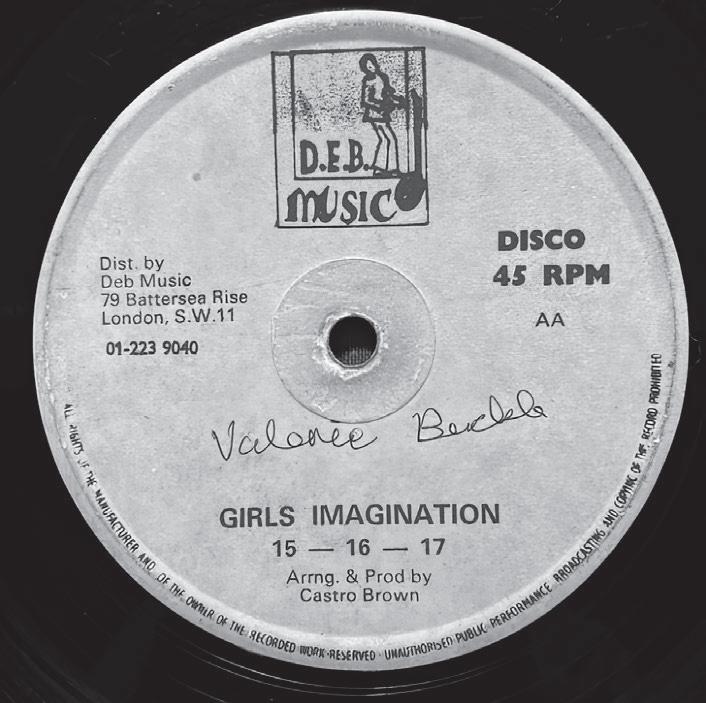
There was a remarkable slow movement she did with her hands, circling halves of what would have been her face, as if trying to mold one out of ectoplasm. The ruined girly look she wore was completely the effect of the thin cream plastic mask that sat over. Pulling away, a robe would leave imprints on newly grafted skin, so strange to be someone lifelike but too early. First movies became longer and longer, and then movies loved her back.
It was the beginning of a new dream which was real life, or the manifestation of an old one at its cusp. She imagined they took her in a white car to a room in a club and the touch was given to her. The other women looked back at her, but they were sisters under the mink. She threw off the red cape and sang:
There’s no use walking in just a shirt When baby’s got on her animal feet, And there’s no point to a lot of business When what you mean is nobody home. Then they pulled on the cords attached to her legs and she became bigger and bigger. Then bluish fingernails on soft, sticky piano keys. I was stunned. The whole thing was about transitioning! How had that passed my internal censor? At the time I thought I was
